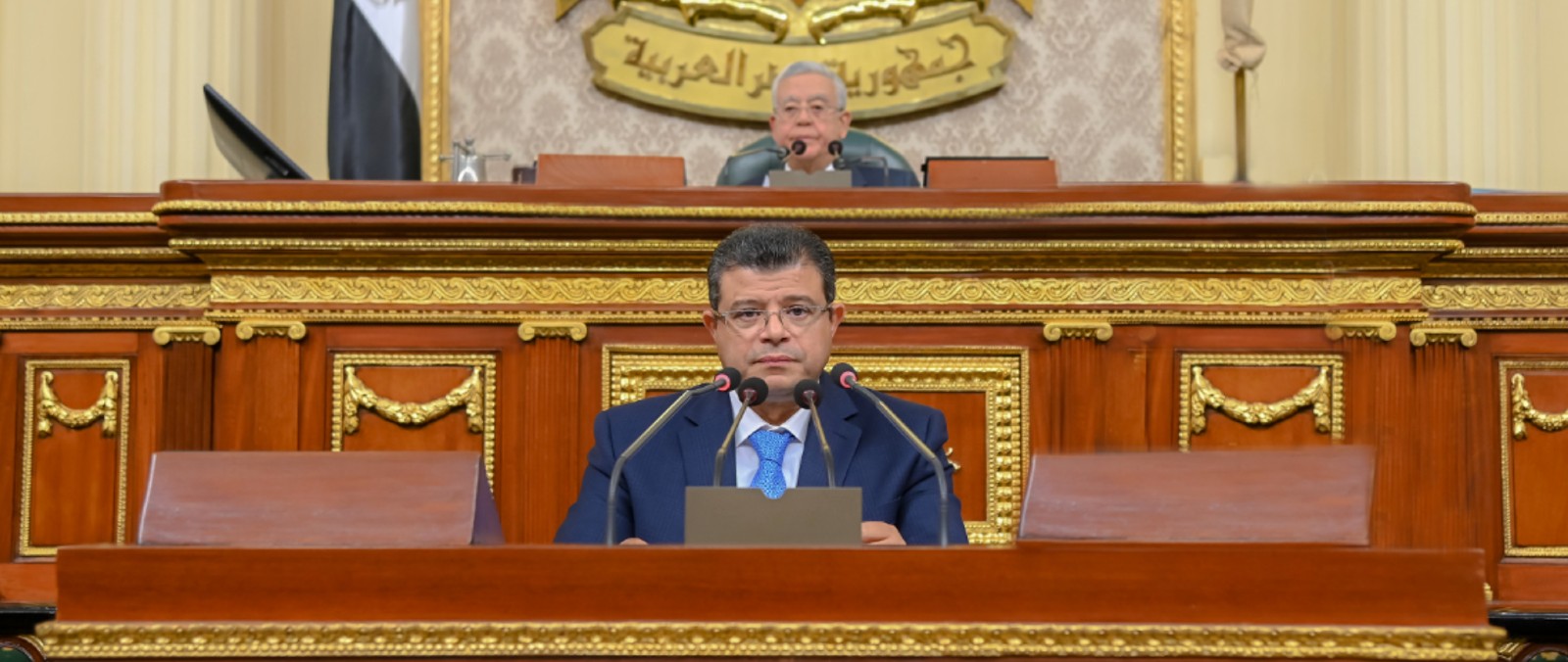MPs approve bills on telecoms, real estate, contractors

Four bills get final nod in the House of Representatives: MPs yesterday gave final approval to a number of legislative amendments focused on regulating telecommunications, compensating contractors for losses on state contracts, and property registration in new cities. The final sign offs were the last before the House adjourned, with the lower house set to reconvene again on Sunday, 4 December.
#1- Tighter controls over telecom equipment: Amendments to the 2003 Telecommunications Act will ban the possession, use, manufacture of any telecom equipment without prior approval from the National Telecom Regulatory Authority (NTRA). Under the changes, those who import, manufacture, assemble and market the equipment without a license from the NTRA would be at risk of jail terms ranging from one to five years and a fine of EGP 2 mn to EGP 5 mn. The legislation does not specify which technologies will be subject to the legislation, prompting controversy among some representatives who raised concerns that users of personal equipment could be prosecuted under the legislation.
#2- Bailing out contractors: The amendments will allow builders who have suffered losses on state projects due to recent economic reforms to receive compensation from the government. The 2017 law — which was originally drafted for economic reforms undertaken between March and December 2016 — will be extended to cover all periods of reform. This means that contractors who have suffered losses because of this year’s currency devaluations and the phasing out of fuel subsidies may be eligible for compensation.
#3- Simpler property registration in new cities: Amendments to a 2018 law will simplify the real estate registry and notarization process in new cities. Under the changes, owners of property and plots of land in new cities won’t be required to interact with the real estate registry and notarization offices and will only need to submit registration paperwork to the New Urban Communities Authority.
#4- Equality for Al Azhar teachers: Amendments to the 1961 Al Azhar Law that would put Al Azhar’s teachers on an equal footing with their counterparts in public schools in terms of employment, promotion, salaries, bonuses and incentives were approved by MPs.
#5- The House approved a USD 6 bn loan agreement with the International Islamic Trade Finance Corporation to help authorities meet the country’s needs of basic food commodities and fuel productions.
SIGNED INTO LAW- The River Transport Act, which aims to attract more investment into the country’s inland waterways. The changes will open up the river transport sector to private investment and put the River Transport Authority (RTA) in charge of licensing river boats, Nile cruises and floating units. The bill was approved by MPs last month.
A NEW BILL- The pro-government Mostaqbal Watan party, which controls the majority of the House, submitted a new bill that would make it illegal for hospitals and medical institutions to refuse medical care to people during emergencies or who have life-threatening conditions. The bill, which was submitted by the chair of the House Health Committee and former health minister Ashraf Hatem along with 60 MPs, would also establish a governmental fund to compensate victims of negligence by hospitals, and provide protection to doctors and medical institutions against assault.
What’s next: House Speaker Hanafi El Gebali sent the bill to the Health Committee for discussion.
FROM THE COMMITTEES-
#1- Econ committee on Egypt’s wealth fund: The House Economic Committee discussed the role of the Sovereign Fund of Egypt (SFE) in implementing the state ownership policy document and maximizing economic returns from the sale of public assets, committee chair Mohamed Soliman told reporters. It also reviewed the fund’s role in attracting foreign investments, including those from Arab Gulf sovereign wealth funds, and implementing infrastructure projects, he said, without providing details of the discussions.
Refresher: The state ownership policy document details the government’s plan to more than double the private sector’s role in the economy to 65% over the next three years, and attract USD 40 bn in investment over the next four years. The document outlines the industries which the government plans to open up to private companies and the ringfenced strategic sectors that will continue to see heavy state involvement.
#2- Turning EMRA into an economic body: The House Industry committee approved in principle plans to restructure the Egyptian Mineral Resources Authority (EMRA) and turn it into an economic body, according to Youm7. The bill’s author, Rep. Mohamed Ismail, said it aims to resolve conflicts inherent in EMRA being supervised financially by the finance and planning ministries, while taking direction on technical matters from the Oil Ministry. Making it an “economic body” rather than a “public service body” as it is at present.